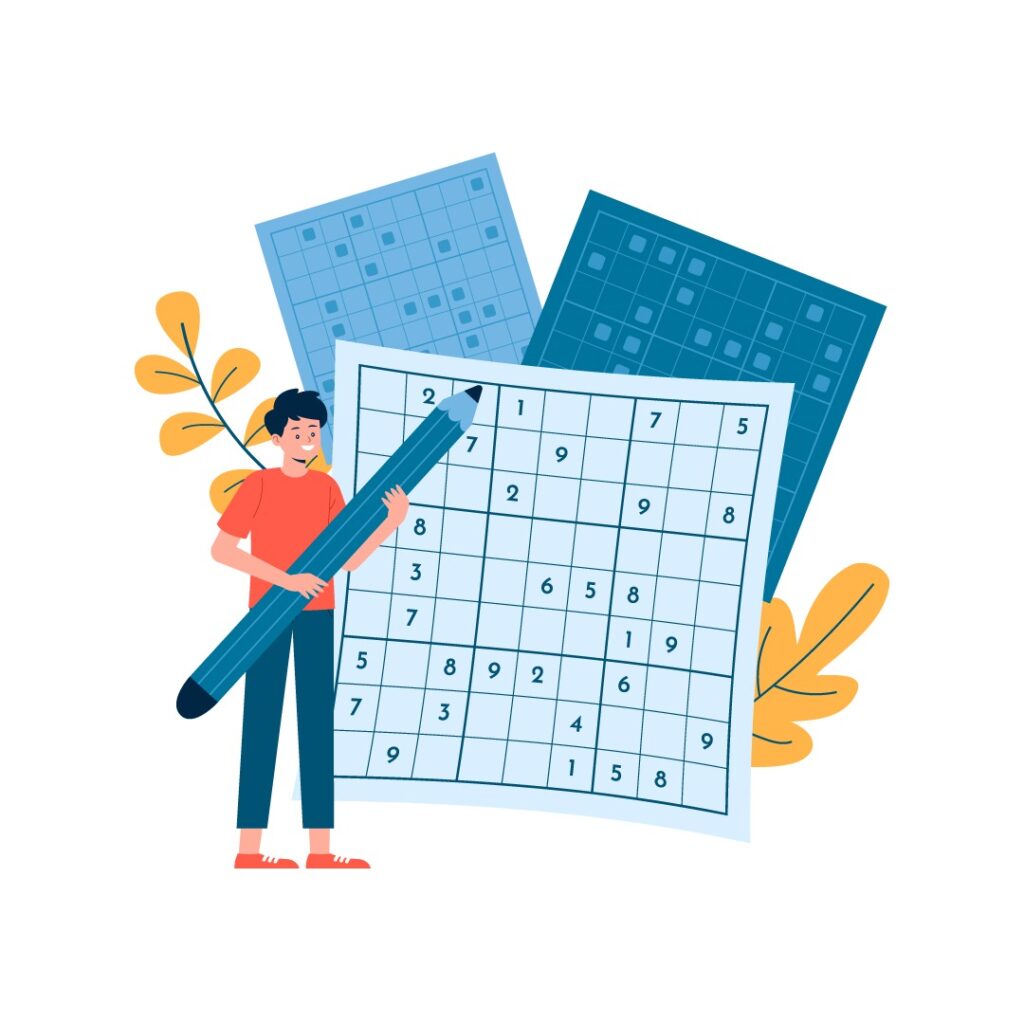Cracking reasoning questions for bank exams requires a combination of logical thinking, strategic planning, and dedicated practice. Many candidates find this section challenging due to the complexity of puzzles and logical reasoning problems. However, with the right approach and effective reasoning tricks, you can master this section like a pro.
In this guide, we will explore key techniques and strategies to help you solve reasoning questions for bank exams efficiently. Whether you are preparing through self-study or getting assistance from a reputed bank coaching institute, these tips will significantly enhance your problem-solving skills.
Why is Reasoning Important in Bank Exams?
The reasoning section is an integral part of bank exams as it evaluates your logical and analytical abilities. Almost every major banking examination, including IBPS, SBI, and RBI exams, includes a reasoning section that tests candidates on various topics such as:
- Puzzles
- Seating Arrangements
- Blood Relations
- Coding-Decoding
- Syllogisms
- Data Sufficiency
- Direction Sense
- Input-Output
Success in this section depends not just on intelligence but also on time management and the ability to think quickly under pressure. While some aspirants rely on self-study, others prefer professional guidance through bank coaching to learn structured problem-solving techniques.
Proven Strategies to Solve Reasoning Questions Effectively
To score well in reasoning questions for bank exams, you need to adopt a systematic approach. Below are some practical strategies that can help you improve your speed and accuracy.
1. Understand the Type of Questions
Before attempting a reasoning problem, analyze the type of question you are dealing with. Some of the most common reasoning categories include:
- Logical Puzzles: These include seating arrangements, scheduling, and grid-based puzzles.
- Blood Relations: Questions where you need to determine family relationships.
- Coding-Decoding: Patterns of numbers, letters, or symbols that follow a specific code.
- Syllogisms: Statements that test your ability to logically deduce conclusions.
- Data Sufficiency: Analyzing whether the given information is sufficient to answer a question.
Understanding the question format helps you apply the best approach to solve it efficiently.
2. Learn and Apply Reasoning Tricks
Using reasoning tricks can simplify complex problems and help you arrive at the correct answer faster. Here are some essential techniques:
- Elimination Method: If options are given in multiple choice, eliminate the wrong ones step by step to maximize accuracy.
- Diagram Representation: Drawing tables, charts, or flowcharts helps visualize complex problems, particularly for seating arrangements and puzzles.
- Reverse Approach: For some questions, working backward from the options can be an effective way to arrive at the correct answer.
- Keyword Identification: Identifying important words or phrases in the question can help recognize patterns and rules quickly.
Practicing these reasoning tricks regularly will help you build speed and accuracy.
3. Solve Easier Questions First
During the exam, it’s crucial to prioritize questions wisely. Start with simpler reasoning questions before moving on to difficult puzzles.
- Solving easier questions first saves time and boosts confidence.
- It prevents getting stuck on difficult problems early in the test.
- Allows you to maximize your score by attempting more questions within the given time.
By focusing on quick and accurate solutions, you can efficiently manage your time and increase your overall score.
4. Develop a Step-by-Step Approach for Puzzles
Puzzles are usually the most time-consuming portion of reasoning sections. But if you take a systematic approach, you can break even the toughest puzzles.

Step-by-Step Method for Solving Puzzles:
- Read the Question Carefully – Understand the problem statement, given conditions, and constraints.
- Identify Key Information – Highlight relationships, numbers, or keywords.
- Use Logical Deductions – Apply reasoning tricks to filter out possibilities.
- Draw a Diagram or Table – Visualizing helps in solving seating arrangements and complex puzzles.
- Double-Check the Answer – Ensure your solution satisfies all given conditions.
With regular practice, this step-by-step method will help you master puzzle-solving in bank exams.
The Role of Bank Coaching in Reasoning Preparation
While self-study is beneficial, many candidates prefer bank coaching to enhance their preparation. Here’s how bank coaching can help you with reasoning questions for bank exams:
- Expert Guidance: Professional trainers provide shortcut techniques and tips to complete reasoning questions quickly.
- Mock Tests & Practice Papers:Mock tests taken on a regular basis allow the candidate to judge their performance and enhance their time management.
- Structured Study Material: Institutes provide comprehensive bank exam study materials, which include practice sets and reasoning tricks.
- Doubt-Clearing Sessions: Candidates can clarify doubts in interactive coaching sessions, which helps in better understanding.
Enrolling in bank coaching can be a game-changer if you struggle with complex reasoning questions or want to improve your speed and accuracy.
Additional Tips for Excelling in Reasoning Questions
To boost your performance in reasoning questions for bank exams, follow these additional tips:
Practice Regularly – Solve at least 20-30 reasoning questions daily to improve accuracy.
Use a Timer – Always practice under timed conditions to simulate real exam pressure.
Analyze Your Mistakes – Review incorrect answers to understand where you went wrong.
Stay Calm & Confident – Avoid panicking if you encounter difficult questions—move on and come back later.
Final Thoughts
It is all about regular practice, efficient reasoning tips, and intelligent time management to master reasoning questions for bank exams. Whether you self-study or take professional bank coaching, having a systematic approach will endear you to solving puzzles and reasoning questions confidently.
By following these strategies, you can significantly improve your reasoning skills and maximize your score in bank exams. Keep practicing and stay confident—you’ll be solving reasoning questions like a pro in no time!
